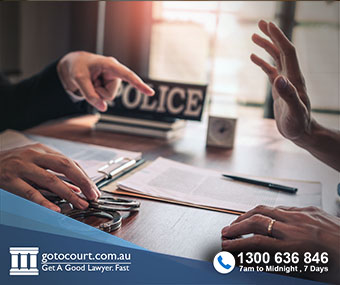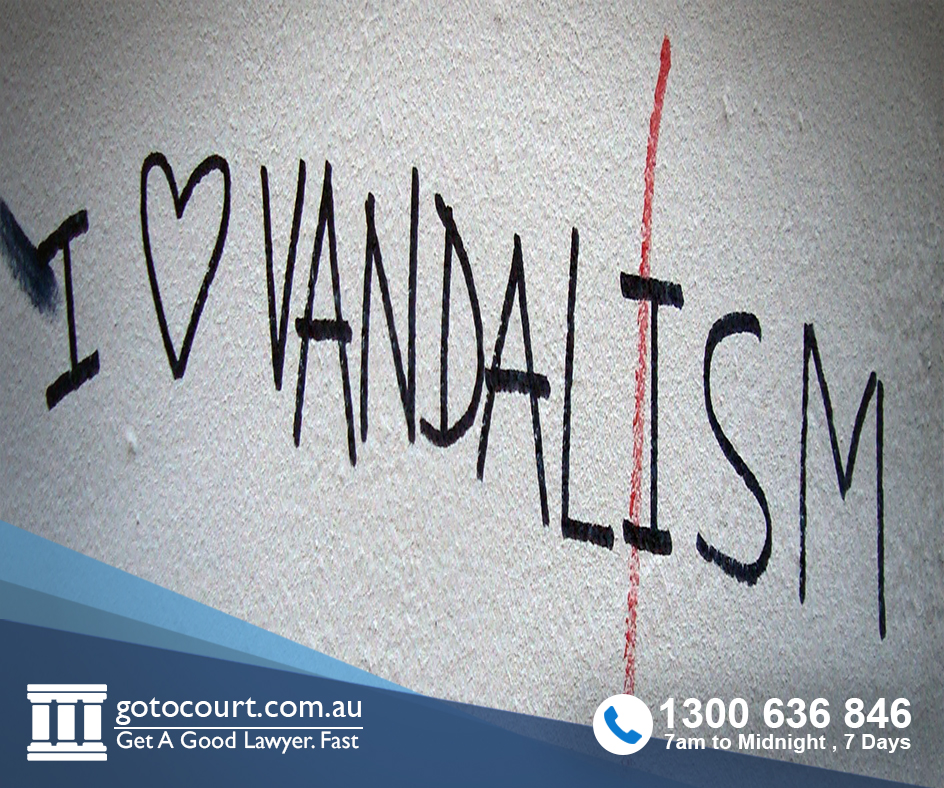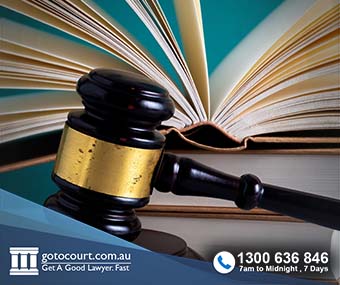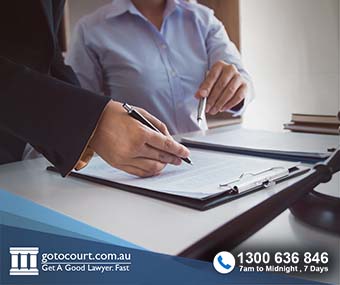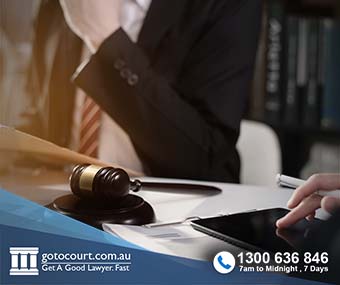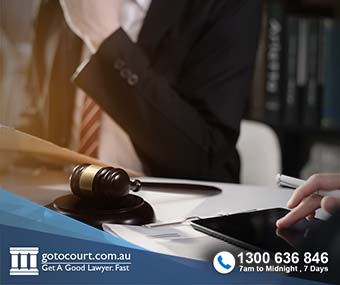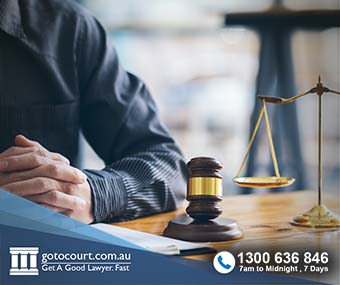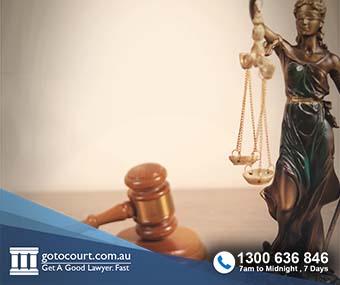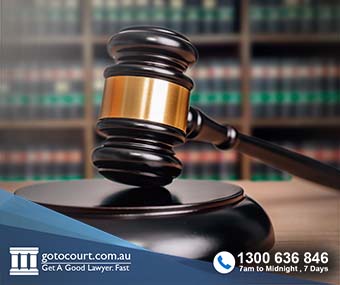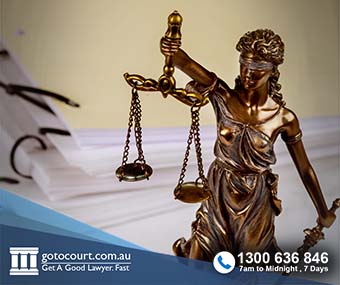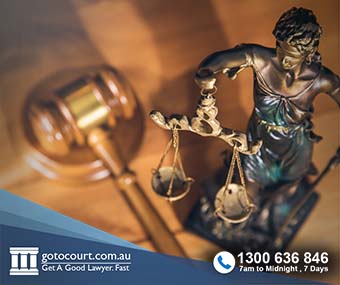Call our lawyers
now
or,
have our lawyers
call you
Apprehended Domestic Violence Orders and Children (NSW)
Updated on Jan 04, 2023 • 6 min read • 359 views • Copy Link
Apprehended Domestic Violence Orders and Children (NSW)
Children and young people are often victims of, witnesses to, or perpetrators of domestic and family violence. Therefore, they commonly become parties to applications for Apprehended Domestic Violence Orders (ADVOs) as either a protected person or as a defendant.
Child defendants
Applications for Apprehended Domestic Violence Orders against a person under the age of 18 are dealt with slightly differently than applications for ADVOs against adults.
If you are under the age of 18 and a defendant in an ADVO application, the matter will be heard in the Children’s Court, not in the Local Court. When an application for an ADVO against a young person first comes before the Children’s Court, the Magistrate will enquire as to whether the young person is prepared to enter into family/relationship counselling or individual/anger management counselling or mediation, to address the issues which led to the application being made.
If the young person is willing to engage in intervention or undertake counselling, the matter will be adjourned for a period of three months to allow time for the young person to undertake those programs. Details of the specific interventions or counselling programs the young person is undertaking will be recorded on the court file, and a report will be expected to be provided regarding the young person’s progress at the next court date. Usually, an interim ADVO order will be made for this period.
If a young person is unwilling to engage in interventions or undertake counselling, or, there are no suitable services available for that young person, the matter will be adjourned for a period of five months. Usually, an interim ADVO order will be made for this period.
If there are no breaches of the interim order during the three- or five-month period, and depending upon the circumstances of the case and the young person’s progress in any programs or interventions, the Prosecutor might seek leave to withdraw their application for an ADVO, and the application will be dismissed by the Court.
If the Prosecutor is not of the view that it would be appropriate to withdraw their application for an ADVO, and the young person is not willing to consent to a final ADVO, the matter will be listed for a defended hearing. The matter will then proceed in a similar fashion to applications against adults in the Local Court.
Child protected persons
Apprehended Domestic Violence Orders involving children can only be applied for by a Police Officer (section 48(3) Crimes (Domestic and Personal Violence) Act 2007).
If a person seeks to make a private application for an AVO (commonly referred to as an APVO or Apprehended Personal Violence Order), and the applicant seeks that the orders extend to protect a child, the court may refer the application to the Commissioner of Police if it considers that it would be in the child’s best interests for a Police Officer to appear in the application (section 48(4A)).
When the police make an application for an ADVO on behalf of a protected person, the court must extend the operation of that order to include any children with whom the protected person has a domestic relationship with (section 38(2)). Therefore, it is quite common to have children of the protected person or defendant included on applications for ADVOs.
Contact with children
Having children listed on provisional or final Apprehended Domestic Violence Orders may create issues when ‘no-contact’ conditions are imposed. This may mean that a defendant is not able to contact or spend time with their children.
Whilst there is a blanket ‘no-contact’ condition which prevents the defendant from having contact with the protected person or their children except through a lawyer, there is an alternative condition which can be negotiated. This alternative condition allows the defendant to contact the children or the protected person in certain circumstances, i.e. if there is an agreement in writing between the defendant and the protected person regarding parenting arrangements or, for the purposes of attending mediation. This alternate condition can be crucial when there are current or pending family law proceedings on foot.
If you have a child who is listed as a protected person on an application for an ADVO against you, you should contact a lawyer to see whether the alternative condition can be sought in your case, and the impact this may have on any current or pending family law matters.
Contesting an ADVO for the protection of a child
If you want to contest the making of an ADVO which lists a child as a protected person, you will be required to notify the court early on in the proceedings that you intend to do so. The court will then allocate a hearing date, where you will have the opportunity to call witnesses and give evidence to support your case that an ADVO should not be made.
When a child is a protected person on an ADVO, this may be because they witnessed a domestic violence incident, because they were the victim of a domestic violence incident, or simply because they have a domestic relationship with the protected person. The reason why the child is listed as a protected person on the ADVO may influence your decision as to whether you require them to give evidence in court.
Evidence from children
Children can give evidence in applications for Apprehended Domestic Violence Orders; however, courts will usually attempt to avoid this unless it is absolutely necessary and in the interests of justice to do so (see section 41(4) Crimes (Domestic and Personal Violence) Act 2007).
If a child is required to give evidence, their “evidence in chief” or their version of events, is presented to the court by way of a pre-recorded statement. This may be a video-recorded statement or an audio-recorded statement. When seeking to cross-examine a child on their statement, the child will not actually be present in the courtroom, but rather, will appear via CCTV. The child may also have a support person in the room with them when appearing via CCTV. This support person may be a parent, guardian, relative or friend.
In applications for Apprehended Domestic Violence Orders, a defendant is not allowed to cross-examine a child themselves and this can only be done by a lawyer. Therefore, if you think it is necessary for a child to give evidence in a contested ADVO hearing, you should seek advice and representation from a lawyer.
If you require legal advice or representation in any legal matter, please contact Go To Court Lawyers.


Affordable Lawyers
Our Go To Court Lawyers will assist you in all areas of law. We specialise in providing legal advice urgently – at the time when you need it most. If you need a lawyer right now, today, we can help you – no matter where you are in Australia.How It Works








1. You speak directly to a lawyer
When you call the Go To Court Legal Hotline, you will be connected directly to a lawyer, every time.


2. Get your legal situation assessed
We determine the best way forward in your legal matter, free of charge. If you want to go ahead and book a face-to-face appointment, we will connect you with a specialist in your local area.


3. We arrange everything as needed
If you want to go ahead and book a fact-to-face appointment, we will connect you with a specialist in your local area no matter where you are and even at very short notice.


